Our purpose is to unlock potential, creating sustainable space for London to thrive. Communicating with transparency and honesty is a core value and key to ensuring that our stakeholders are able to understand how our sustainability related challenges, risks and opportunities relate to and integrate with our business strategy. For more on our purpose and values and our strategy go to the About Us section of the website.
Materiality
Materiality supports us in prioritising what matters most to GPE, and our stakeholders, in the context of ESG impacts, risks and opportunities.
In 2019 we undertook our first materiality assessment following best practice at the time, however, approaches to assessing materiality have evolved and improved since then. Furthermore, as a business, we have become much more customer focused which was not adequately reflected in our original materiality review.
Double materiality requires us to assess sustainability-related topics across two dimensions:
- Outward Impact: GPE’s impacts on sustainability-related topics in the wider world.
- Financial Impact: the impact of those same topics on GPE, including our financial performance.
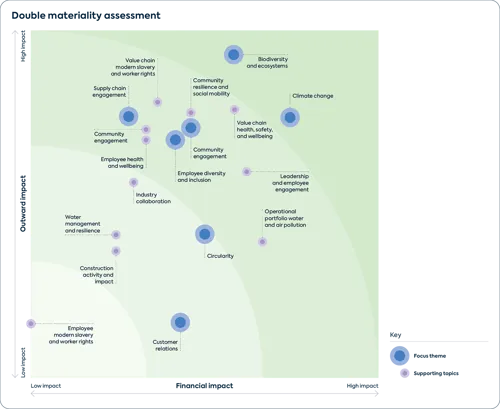
The assessment was fully supported by the Sustainability, Finance, Risk and Governance teams as well as members of Executive Committee, with independent support from Radley Yeldar.
Key internal and external stakeholders – our customers, investors, supply chain and local authorities – were also interviewed to inform the scoring of material topics such as climate change, social impact and circularity.
Whilst the review did not highlight new impacts, risks or opportunities that we were not already aware of, it did emphasise the importance of climate change and biodiversity to our business, as well as providing a financial basis for materiality. Additionally the importance of stakeholder relationships came through as a strong theme.
Our business risks were updated to reflect the outcome of our review. See our business risks here.
As part of our review of material risks we mapped the 17 UN Sustainable Development Goals against our strategy to consider how our sustainability priorities relate to those of the wider world. Whilst we were able to relate our activities to all of the goals, the four which had the most resonance and aligned most closely with our purpose and values were:
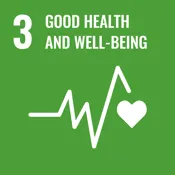 |
We are committed to ensuring that our buildings are designed and managed to support the mental health and wellbeing of our employees, customers and our local communities. Air quality is significant issue for London and for ensuring health and wellbeing. We have a clear strategy for considering outdoor and indoor air quality within our Brief for Creating Sustainable Spaces, Wellbeing Brief and Social Impact Strategy. |
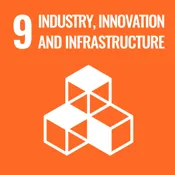 |
We are focused on improving the design of our new and existing buildings to improve energy efficiency and continue to drive carbon emissions down. Through the adoption of renewable and low carbon technologies we are improving energy efficiency and making our buildings more sustainable. |
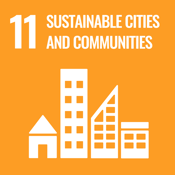 |
We are focussed on ensuring a lasting positive impact for the communities in which we are working to help our customers and communities thrive. |
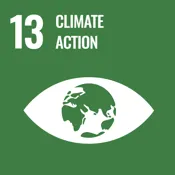 |
It is estimated that the built environment contributes 40% of the UK's carbon emissions. We recognise we have a role to play and are committed to reducing our impact setting long-term targets to address both climate change mitigation and adaptation. |
Following the review of material risks we:
- Set new targets on energy efficiency and climate change mitigation; and
- Undertook climate risk modelling to understand our resilience to climate change.

Reporting and governance
Sustainability, technology, health and wellbeing are key requirements for our customers and our focus has been on enhancing our customers’ experience, whilst future proofing our buildings for tomorrow’s working patterns.
Sustainability Performance Report 2023
Industry collaboration
For the industry to make progress on sustainability issues collaboration is key. We are therefore members of the UK Green Building Council, Better Buildings Partnership, and Wild West End. Our Sustainability & Social Impact Director is Chair of the Better Buildings Partnership and a member of the EPRA Sustainability Committee and sits on the British Property Federation Sustainability Committee.
Through our membership of a number of business improvement districts and London First, we are also working with our communities to drive sustainability improvements across London.




